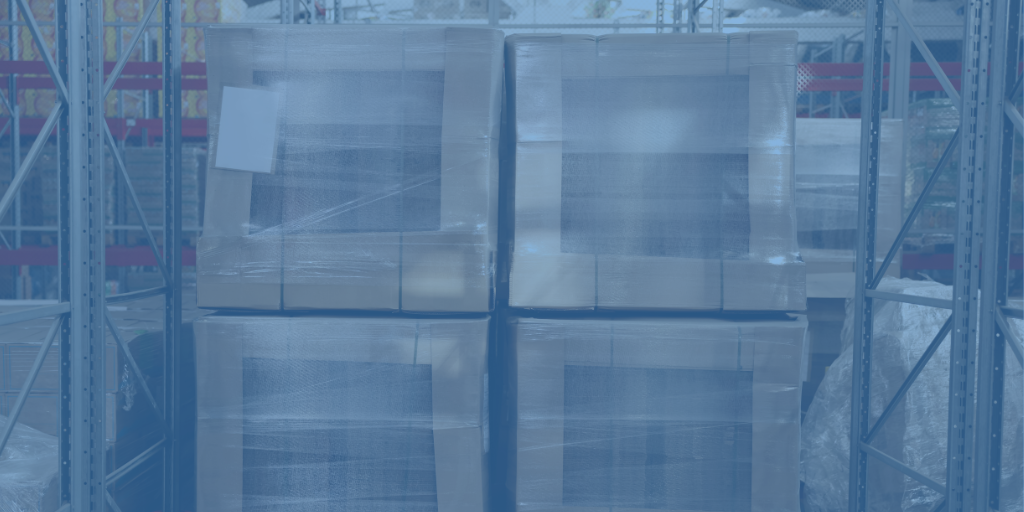Costly Mistakes LTL Shippers Make: Navigating Less-Than-Truckload Shipping
In the world of logistics, less-than-truckload (LTL) shipping is a vital option for businesses that need to transport smaller quantities of goods....

In the dynamic and complex realm of logistics, achieving efficiency and cost-effectiveness is crucial. This is particularly true in the sector of LTL (Less-Than-Truckload) freight, where managing smaller, more frequent shipments presents unique challenges. Embracing the right technology partner can significantly enhance LTL freight operations. This comprehensive guide explores the transformative impact of technology on LTL freight management.
A major breakthrough in LTL freight management is the ability to track shipments in real-time. This feature is essential for proactive decision-making and superior customer service. Real-time visibility into LTL shipments, from their origin to their destination, equips shippers with critical data for effective management.
This level of tracking helps in anticipating and addressing potential delays or disruptions promptly. It also plays a vital role in customer relations, as clients increasingly expect quick and efficient shipping. Real-time updates on shipment status are no longer a luxury but a necessity in maintaining a competitive edge in customer experience.
Optimizing carrier selection is crucial in LTL freight management. Modern TMS solutions simplify this process by allowing shippers to compare carrier rates and services on a single platform. This capability ensures that shippers can quickly find the most cost-effective and efficient transportation options.
These systems take into account various factors, including transit times, carrier performance, and additional charges. This comprehensive approach ensures that shippers make informed decisions that align with their specific LTL freight requirements.
Manual booking and documentation processes are often fraught with inefficiencies and errors. Advanced TMS solutions automate these tasks, significantly reducing administrative burdens. This type of shipment automation technology enhances accuracy in booking shipments, generating necessary documentation, and ensuring compliance with regulatory standards.
Controlling shipping costs is a primary concern in LTL freight management. Advanced TMS platforms streamline the invoice auditing process by automatically reconciling invoices with quoted rates. This feature minimizes discrepancies and overcharges, leading to significant cost savings.
Additionally, these systems provide detailed reporting and analytics, offering valuable insights into shipping expenses. This data is crucial for identifying cost-saving opportunities and optimizing budget allocation in LTL freight operations.
Understood, I'll revise that section to maintain an educational focus while reducing the emphasis on FreightPOP. Here's the updated version:
Additional Considerations:
Incorporating a robust TMS into your LTL freight management strategy is a strategic decision that can yield significant benefits. From enhanced real-time visibility to cost control and process optimization, the right TMS can transform the way you manage LTL freight. As the logistics industry continues to evolve, staying ahead with the right technology is not just about keeping pace—it's about setting the pace in a competitive market.
To fully leverage the advantages of TMS in LTL freight management, it's important to choose a system that aligns with your specific business needs and goals. By doing so, you can ensure that your LTL freight operations are as efficient, cost-effective, and customer-focused as possible.
Delve deeper into the world of freight shipping with our comprehensive ebook, The Ultimate Guide to FTL and LTL Shipping. Designed by seasoned shippers for industry professionals, this guide offers in-depth insights tailored to the core of your shipping operations. Download now and elevate your shipping strategy!
.png)
In the world of logistics, less-than-truckload (LTL) shipping is a vital option for businesses that need to transport smaller quantities of goods....
.png)
In the intricate and ever-evolving landscape of Less-Than-Truckload (LTL) shipping, the importance of strategic freight packaging cannot be...

Efficiency is essential for maintaining competitiveness in every business, regardless of size or industry. FreightPOP simplifies essential processes...